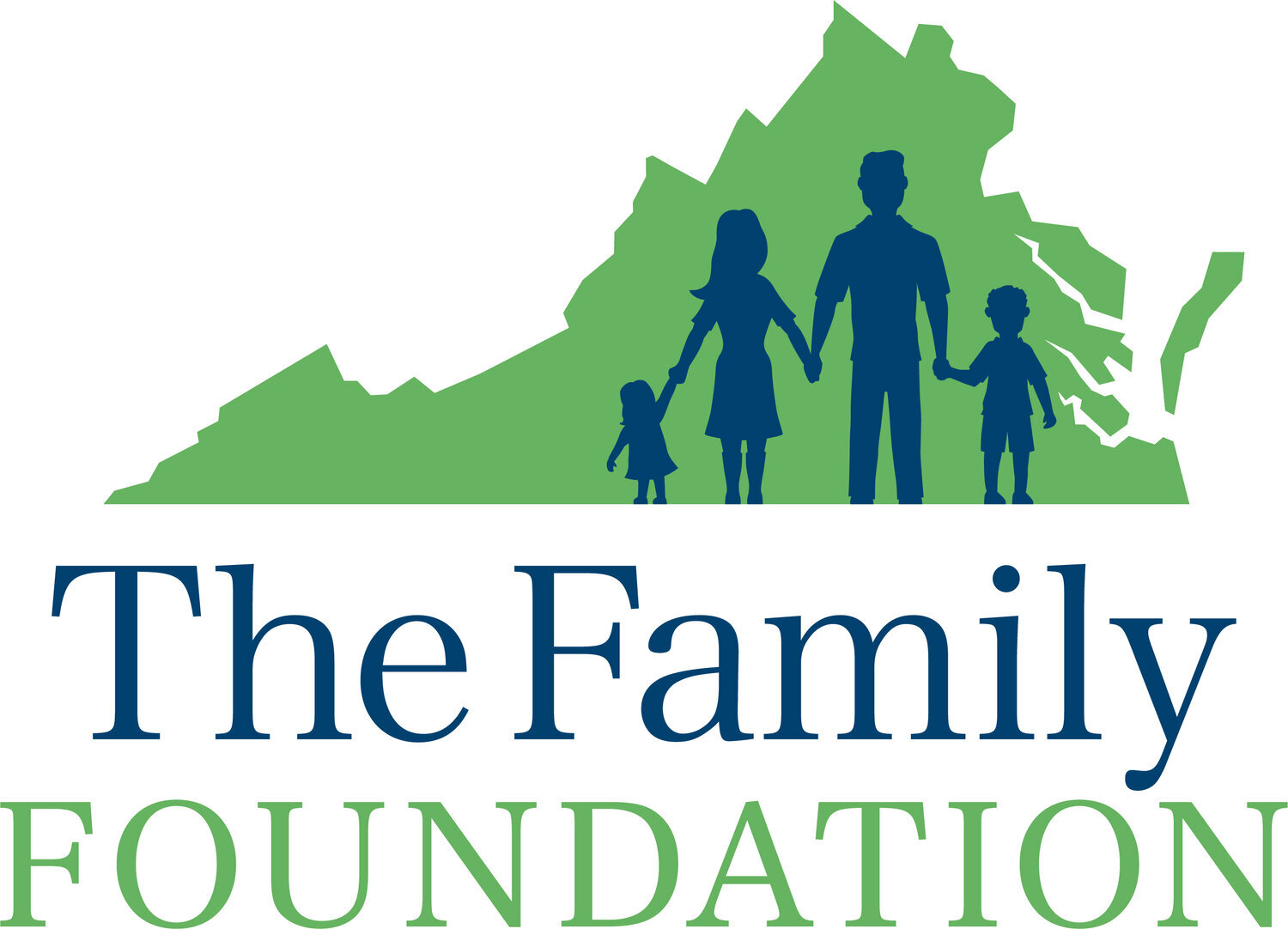RICHMOND CASINO REVENUE PROJECTIONS RELY ON CITIZENS LOSING!
Richmond Mayor Levar Stoney (D) and the City Council are hoping to join the cities of Bristol, Danville, Portsmouth, and Norfolk, by bringing a casino - the ONE Casino – to Richmond by 2024. This fall, if you live in the City of Richmond, your ballot will include the following referendum: “Shall casino gaming be permitted in Richmond, VA as may be approved by the VA Lottery Board?”
We are going to do all we can to help spread the truth about the real impact a casino will have on Richmond communities.
Fund Our Effort to Stop the Casino
In 2020, the General Assembly sadly succumbed to the pressure of the gambling cartel to approve casino gambling (HB 4, R–Knight and SB 36 , D-Lucas) under the cheap promises that it will create more jobs and supposedly “save” some struggling local economies.
The legislation allows wealthy out-of-state corporations to throw up casinos in select economically distressed cities, and the perfect example of this is the proposed casino for the City of Richmond. Urban One, headquartered in Silver Spring, Maryland, and known for its dozens of radio stations, has teamed up with Peninsula Pacific Entertainment, which owns and operates Colonial Downs Racetrack, five Rosie’s Gaming Emporium locations in Virginia, and two casinos in New York and Iowa, to build a casino on the Southside of Richmond along Walmsley Boulevard.
This further demonstrates how gambling in Virginia was never just about horse racing. The giant gambling industry has always sought ways to expand the presence of gambling – from sports betting to casinos – so they can make their millions, all by draining resources from already-struggling individuals and communities.
According to reports, the casino could generate up to $525 million in the first ten years for the City of Richmond. But Dr. Robert McNab, an economics professor at Old Dominion University, commented that research shows that most spending in casinos comes from low-income people in the local area, and any spending on movie theaters, shops, and restaurants will shift to the casino, diminishing the overall economic impact.
And Dr. McNab’s assessments match national trends and statistics:
A 2016 study by the Nelson Rockefeller Institute of Government warns that while new casinos may generate tax revenue in the short-run, those revenues can quickly reverse and decline over time. John Kindt, Ph.D. explains that the socio-economic costs of legalized gambling to the taxpayers are well-established at well-over $3 in costs for every $1 in new revenue to the government.
It’s been shown that within four years after a casino opens, bankruptcy rates increase on average by 10% in counties with a casino and 7% in counties within 50 miles of a casino.
Gamblers that live within 10 miles of a casino are significantly more likely to become pathological or problem gamblers than those who do not.
Nationally, as much as 60% of casino revenues come from problem gamblers.
Taxes paid by casinos are almost entirely based on the casino’s share of profits derived from people gambling and losing their money at their establishment. Even the Urban ONE’s proposal is predicated on each person spending (i.e., losing) an estimated $110 per visit! (See the table on page 232 of the proposal.)
Proponents of casinos will argue that some people can and do win, but those payouts are baked into the projections because the odds are always stacked against the gambler. Nevertheless, for those individuals who leave the casino with more money than they entered with, they will still be expected to pay taxes on their winnings.
In other words, whether people win or lose, the government always wins, the casino owners make a killing, and most of the people are guaranteed to lose. This is a shameful act of human exploitation by the casino and by the elected officials who are supposed to protect the citizens and our communities!
As the saying goes, “the house always wins,” but in this case the house is the government and the casino!
Despite all of these well-known statistics about how gambling only leads to more financial and social struggles, elected officials, many of whom receive donations from the wealthy financiers in the gambling industry, are still committed to bringing a casino to Richmond.
Don’t let them bring this to where you live! This fall the people of Richmond will get to vote on a referendum and decide for themselves if a casino comes to their area!
The Family Foundation Action team will soon initiate the Bad Bet RVA campaign, and begin knocking on doors in Richmond to let citizens know about all of the proven consequences associated with casinos. If you would like to help support the Bad Bet RVA campaign, you can make a monetary gift by clicking the button below.
This is an important election cycle, so be sure to remember these key dates:
September 17, 2021 - First day of in-person early voting at a local voter registration office.
October 12, 2021 – Last day to register to vote, or update an existing registration.
October 22, 2021 – Last day to apply for a ballot to be mailed to you: Request must be received by local voter registration office by 5:00 p.m.
October 23, 2021 and October 30, 2021 - Voter registration offices open Saturday for early voting.
October 30, 2021 - Last day of in-person early voting at local voter registration office.
